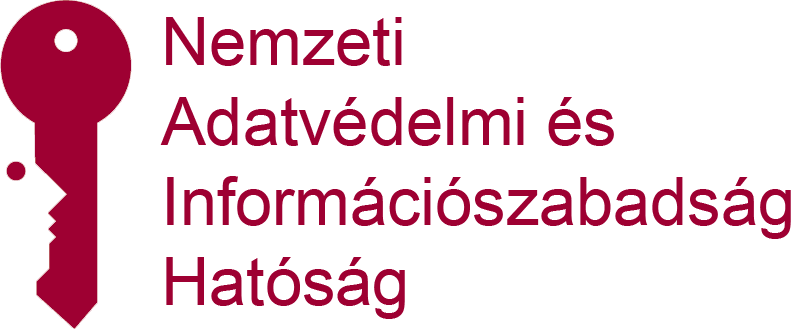On 5 September 2018, the European Parliament and the Council adopted its regulation on the establishment of the European Travel Information and Authorization System (ETIAS). They aim to strengthen security checks on non- European Union (EU) citizens travelling without visas to the Schengen area. Thanks to ETIAS authorities will receive vital information necessary to assess potential risks with individuals travelling to the EU and, if required, a travel authorisation could be denied. Schengen participating States will be able to manage their external borders more effectively and improve internal security. Travellers will have early indication of their admissibility to the Schengen States, making legal travel across Schengen borders easier.

ETIAS is an automated IT system created to identify any security or irregular migratory risks posed by visa-exempt visitors travelling to the Schengen area whilst ensuring fundamental rights and data protection. It has been developed by the EU Agency for large-scale IT-systems (eu-LISA) and aims to be operational from mid-2025.
Non-EU nationals who do not need a visa to travel to the Schengen area will have to apply for a travel authorisation (ETIAS) prior to their trip. After filling in an online application form, the system will conduct checks against EU information systems for borders and security and, in the vast majority of cases, issue a travel authorisation within minutes. In limited cases, where further checks on the traveller are needed, the issuing of the travel authorisation may take longer to process. In this case a decision within 96 hours will be issued. This period could be extended by up to 14 days if additional information or documentation are requested to be provided, or up to 30 days if the traveller is invited to an interview.
The ETIAS travel authorisation will be a mandatory pre-condition for entry to the Schengen States. It will be checked together with the travel documents by the border guards when crossing the EU border. This prior verification of visa exempt non-EU citizens will facilitate border checks; avoid bureaucracy and delays for travellers when presenting themselves at the borders; ensure a coordinated and harmonised risk assessment of third-country nationals; and substantially reduce the number of refusals of entry at border crossing points.
The ETIAS travel authorisation is valid for three years or until the travel document you used in your application expires - whichever comes first. The travel authorisation can be revoked, should the conditions for issuing it no longer be met, or cancelled if the conditions were not met at the time of issuance. If travel authorisation is refused, the applicant retains the right to appeal. Appeals can be launched in the EU Member State which took the decision on the application, in accordance with its national law.
Air carriers, sea carriers and international carriers transporting groups overland by coach are responsible to verify whether travellers subject to the travel authorisation requirement are in possession of a valid ETIAS travel authorisation. After three years from the start of the operation of ETIAS, this obligation will also apply to international carriers transporting groups by long-distance bus on land.
ETIAS is currently not in operation and no applications for travel authorisations are collected at this point. It is expected that the European Travel Information and Authorisation System (ETIAS) will be operational from mid-2025.
Further information:
ETIAS — The European Travel Information and Authorisation System — factsheet (European Commission)
European Travel Information and Authorisation System (ETIAS)


